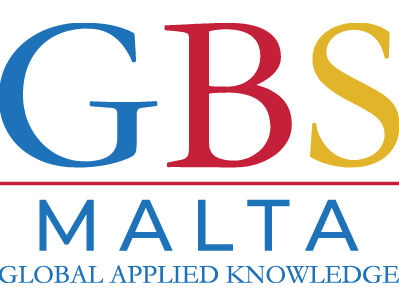Credits needed to earn the degree:
| ECTS Credits | UK Credits |
| 60 ECTS | 120 Credits |
The Award in Information Technology and Study Skills consists of six compulsory 10 ECTS modules as follows:
This module is designed to provide students with a range of academic literacy skills required for studies at MQF/EQF levels 4, 5 and 6. This module will focus on equipping students with academic language and academic writing, academic literacy and skills needed to be successful in the other modules in the Award in Information Technology and Study Skills, and support their progression to studies in higher education (MQF/EQF Level 5 and 6).
The module will provide students with a thorough grounding in the following key academic skills: reading and comprehension, notetaking, paraphrasing, referencing, English language skills, basic research skills, listening skills, presentation skills, referencing, academic integrity and good academic practice and appraisal of published sources.
This module will introduce students to the digital revolution and its impact on all aspects of our lives including society, public citizens, public and private organisations, governments, etc. This module will provide illustrations in the form of case studies on different applications of ‘digital’ in different sectors and areas. This module will also introduce students to some underpinning digital themes and concepts, covering aspects including everyday life and digital, the Digital Literacy, the Digital Economy, the Digital Government and where and when Digital is misused.
This module is designed to equip students with essential communication and digital literacy skills necessary for success in both academic and professional contexts. Students will examine a range of theories of communication whilst acquiring the skills necessary to engage in succinct, effective communication suitable for professional audiences, about themselves and their chosen subject of study.
In recognition of the demand for digital know-how amongst employers, this module seeks to equip students with digital employability skills to support them in life, learning and work. This module will equip students with the essential communication and digital tools required to communicate effectively as well as providing a baseline from which to apply these tools to professional settings. Students will learn about different types of digital skills and platforms, and how they can be used to communicate a message within and outside organisations as required in the contemporary interconnected and technology driven world.
Students will also understand the impact of cultural diversity on communication, as well as an understanding of how to adapt communication styles appropriately to respect and take account of cultural differences in academic and personal settings.
‘Can you imagine life without the internet?’ A statement you often say or hear other saying. This module will provide students with a detailed understanding on what the internet is, it’s history and how it works. Students will build a practical knowledge on what constitutes the WWW and its facilities, applications and tools. Students will understand how e-mail, web browsers, and file transfer utilities. Students will build an appreciation about how the internet has changed and will continue to change our lives. Students will be introduced to the concept of the connected world and be introduced to basics of web development and start contributing to the internet by building their own webpages. The module will also cover challenges of using the internet and future development.
Effective Study and Career Planning This module will enable students to identify study practices, personal qualities, and attributes that are necessary for successful studying and achievement in higher education. This module complements the Developing Academic Skills module. Students will develop self-awareness, reflect on their existing abilities and enhance abilities to enable successful studying and achievement in higher education. This module will also engage students with career planning and identifying career aspirations in a structured and personalised manner.
The overall aim of this module is to develop in students an understanding of how to create and deliver specific project objectives in business and management, together with the necessary resources to deliver a project on time and budget.
Introduction to Computer Hardware and Software This module will introduce students to the main components of computers and digital technologies: hardware and software. The students will learn about hardware components of a typical computer and understand how they work. Students will also learn about software and software architecture, covering basic details of different types of operating systems and how modern computers work. Students will have the opportunity to build, configure and test a computer system for a given application. This basic knowledge on hardware and software will be reflected on different current and emerging digital technologies. Understanding these fundamental concepts is very important to understand certain behaviours while dealing or interacting with digital technologies that it builds in students the ability to understand, for instance, normal function from malfunction, or the ability to compare and identify best customised solution (hardware and software) for a given application.


